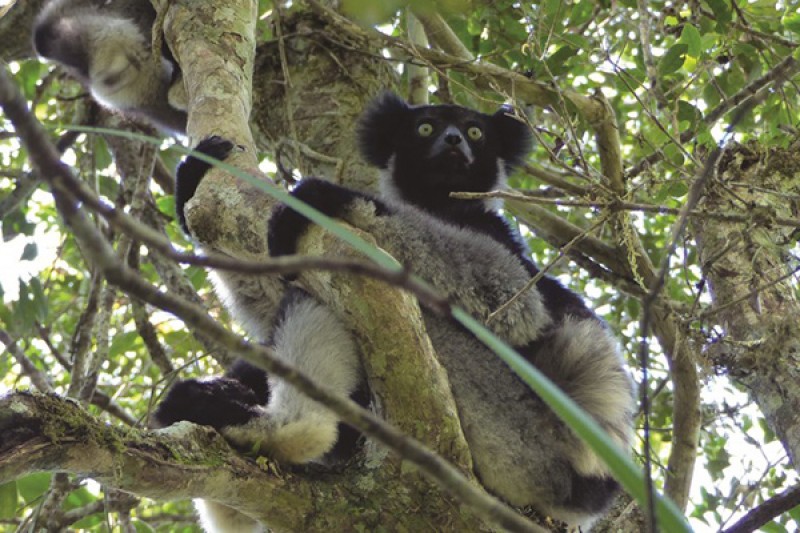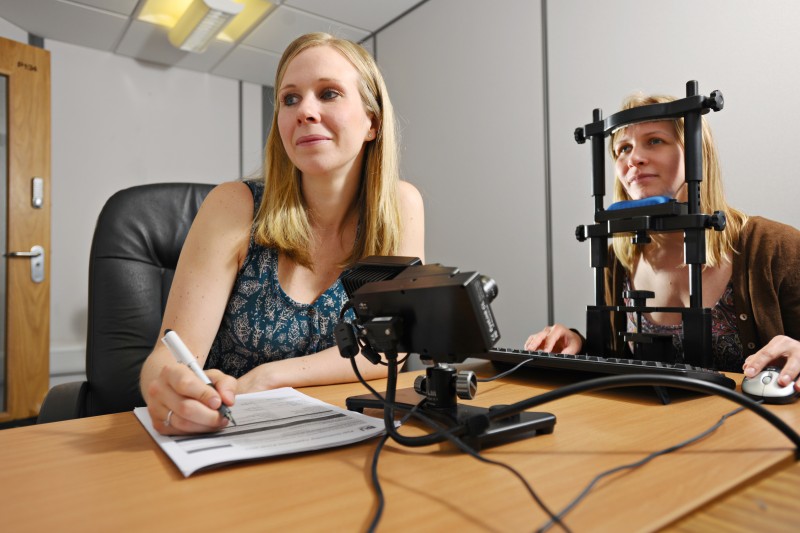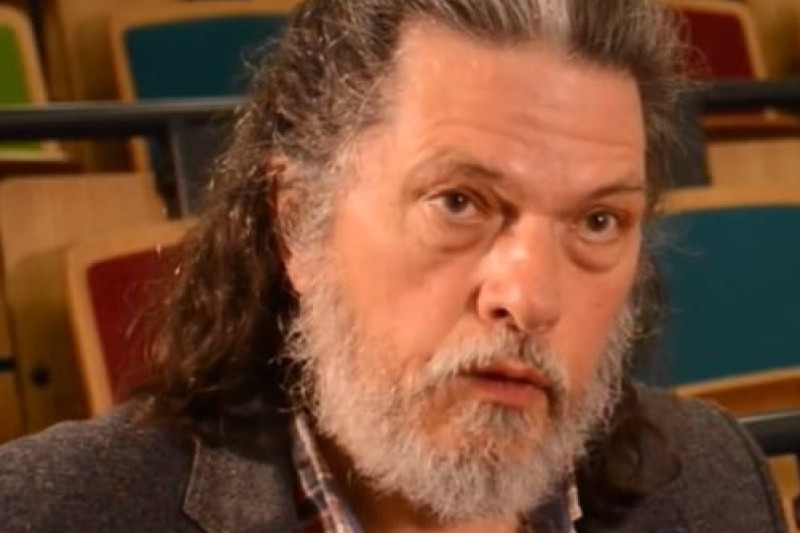Much of Madagascar’s wealth of wildlife and plantlife is unique to the island, given its long isolation from other landmasses. This means it’s particularly vulnerable to damage from human activities or changes to the climate, as many species are found nowhere else in the world. With the aid of Bournemouth Natural Sciences Society and Malagasy conservationists, researchers from Bournemouth University are working to preserve the island’s plants and wildlife.
Earlier in 2017, Dr Anita Diaz visited Madagascar alongside BU students and Ashley Leftwich of the Bournemouth Natural Science Society, with the intention of working with local botanists to discover the effects of invasive species on local wildlife and plants.
“The people we met took great pride in Madagascar’s natural beauty and want to preserve its flora and fauna,” explains Dr Diaz, the project’s lead researcher, “But they’re also facing huge challenges in terms of population growth and desperate poverty. Often the only way to make a living is through ‘slash and burn’ farming, subsistence farming or mining, all of which have consequences for the natural environment. The exception to this is eco-tourism, which is on the rise, but is still a relatively small part of the economy.”
The team worked alongside staff from a project working to re-plant native tree species, which have been significantly depleted has a result of deforestation spanning several decades. Staff working on the project carefully cultivated the native trees in controlled conditions for a year, before planting them out into the rainforest. Despite the care lavished on the trees, the team found they were rarely surviving due to the impact of invasive species.
“The native trees were almost all dying once they’d been planted in the rainforest,” says Dr Diaz. “They needed time and plenty of light to get established, but were simply unable to do so because of the speed of growth of some of the non-native species. It meant much of the team’s hard work was going to waste. But by working with local botanists, we were able to demonstrate that a different way of conservation – one that provides employment for local people, while also protecting native species – works extremely well and could make a real difference.”
By comparing survival and growth of native trees planted in areas where local people were paid to weed out invasive species with that of trees planted in the usual way without weeding, the research team were able to show that weeding just for the first year after planting resulted in dramatically improved forest establishment. As well as helping to preserve the native trees, this will also help to restore rainforest habitats for Madagascar’s unique wildlife.
“Our research helped to provide the evidence that local conservationists needed to order to be able to make informed decisions about conservation management,” explains Dr Diaz, “There are plenty of people in Madagascar who are passionate about preserving their natural habitats and it was great to be able to carry out research to support their goal.”
This story featured in the Bournemouth Research Chronicle, which can be read in a magazine format on Issuu.



